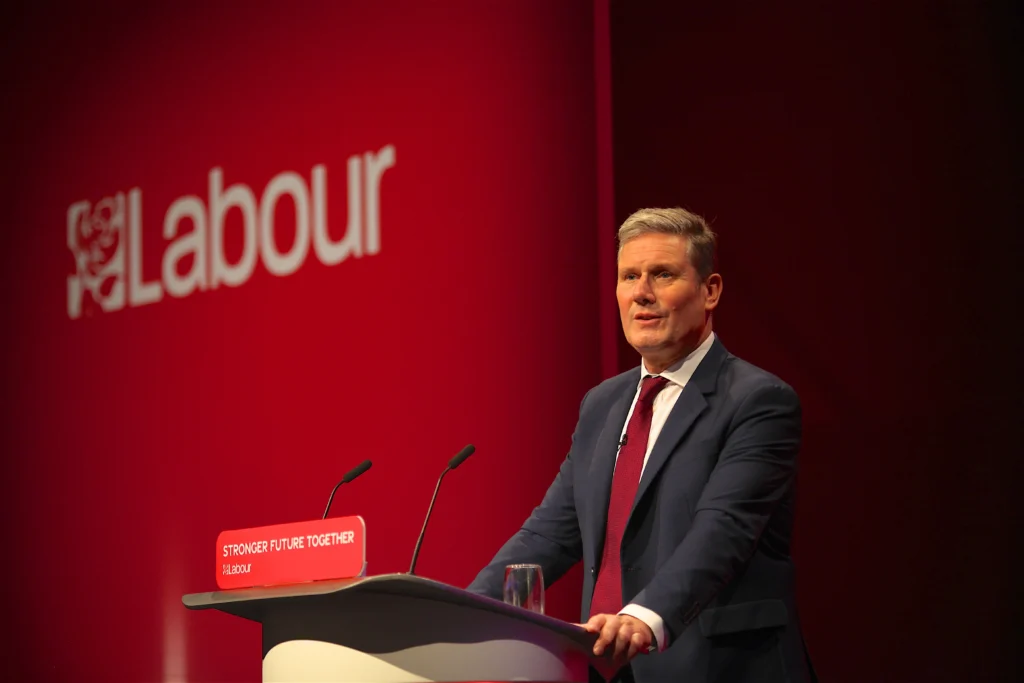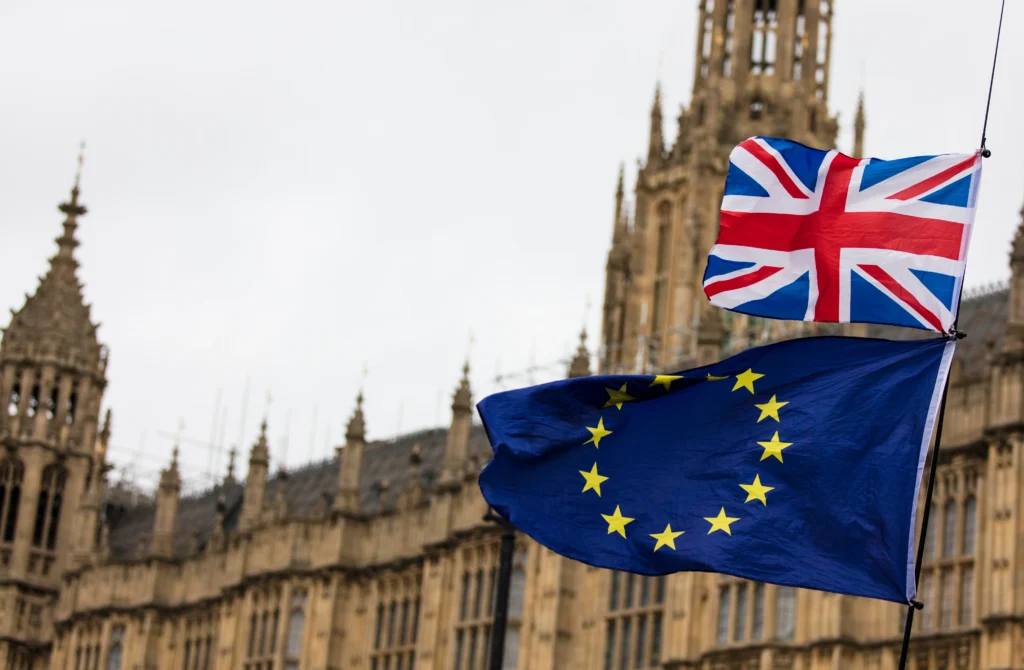One year on, we look at how far the government has got in delivering its King’s Speech.
In 2024, the Labour government took office with its largest majority since Sir Tony Blair victories in 1997 and 2001. Labour was elected on a promise of change, while some voters were unclear on the details, the desire for a new direction after fourteen years of Conservative led governments was decisive.
Those years were marked by austerity, the sleaze, and (under Liz Truss) a collapsed economy. So, when Sir Keir Starmer walked into Downing Street, he promised that the government he led would embark on a decade of transformational change.
What Labour Is Delivering
Looking back to the King’s Speech last year, Labour has made visible progress on some of its key manifesto commitments. The government passed the Great British Energy Act, creating GB Energy to support investment in net-zero technology. It also responded to public anger over Conservative inaction on water pollution by passing the Water Act, with water company executives now facing prosecution. On the environment, Labour is delivering and should be doing more to promote these successes with policies that are both popular with the public and transformative for communities.
On housing and welfare, Labour has introduced tangible improvements for working people. The Renters Rights Bill abolished no-fault evictions, the Employment Rights Bill strengthened workplace protections, and the rise in the Living Wage ensured a pay boost for the lowest earners. These measures reaffirm Labour’s roots in the trade union movement. Yet despite this progress, Reform continues to poll strongest among low-income voters – the very group Labour’s policies benefit most. Labour must work harder to connect these policies to the everyday lives of those they are helping.
Labour also scored a win with the Football Governance Act, passed in July, which introduced an independent football regulator and proved popular with fans.
Where Labour Is Falling Short
The government’s central pledge was to deliver economic growth, backed by a raft of measures in the King’s Speech. The Planning and Infrastructure Bill was welcomed by developers and is nearing completion, and additional measures have been announced to speed up critical infrastructure delivery. But on housing, the government is struggling. Labour is not on track to meet its target of building 1.5 million homes by the end of the Parliament. Without urgent action, the shortage will be weaponised by Reform, who will link it to immigration in a way that resonates with parts of the electorate. Delivering homes is not just a policy challenge but a political imperative.
Beyond housing, progress has slowed. Several Bills remain stalled in Parliament, including the Hereditary Peers Bill, the Mental Health Bill, and the Tobacco and Vapes Bill. With the government signalling its priority is economic growth, productivity, and border control, there is a risk these pieces of legislation will be pushed aside or lost in parliamentary congestion.
The Challenge of Growth, Homes and Industry
All governments’ prospects are determined by the electorate and they in turn make decisions based on a government’s delivery. One year into this Labour government the public are frustrated, and the government is struggling in the polls. Politics is fractured and a party that did not exist two years ago is leading in the polls.
There is still a good amount of time for the government to turn things around and that means delivering higher growth, transforming public services and improving the standard of living. The economy is in a mixed position. We do have the fastest growth in the G7, but inflation remains stubbornly high. There is record investment in the UK and the government has secured new trade deals, but industry is struggling with rising energy costs.
Unemployment is rising steadily but business confidence levels are at their highest since 2015 and that is despite the increase in business taxes. The government needs to grasp the nettle and relentlessly push for growth.
Additional Planning reforms have been announced to accelerate the delivering of critical infrastructure. But the government should also have focus on industry – making it easier to build new plants and the supporting infrastructure. Industry not only drives growth but delivers higher-paid jobs than the service sector.
The government needs to bring forward its long-awaited review of business rates, which are so expensive for small family run businesses and our high streets. It should also set out when it will be able to bring down the tax burden on business and individuals to restore optimism to businesses and encourage investment. Labour need to not be afraid of taking good ideas from previous governments. Rishi Sunak’s super-deductible scheme improved productivity and if the government can incorporate this or an extension of it in the budget they should.
Shaping the Narrative Against Reform
As we come back after the summer recess the government needs to improve its communication. Good pieces of legislation have been passed and are being passed but the public aren’t hearing enough about this. The government is allowing Reform to dictate the agenda and the news narrative.
Any student of history knows that no general ever won a battle by allowing the enemy to determine the location of the battle. Labour must shift the narrative onto its territory by pursuing popular policies that will expose Reform as nothing more than the new conservative party – not operating in the interests of working people.




